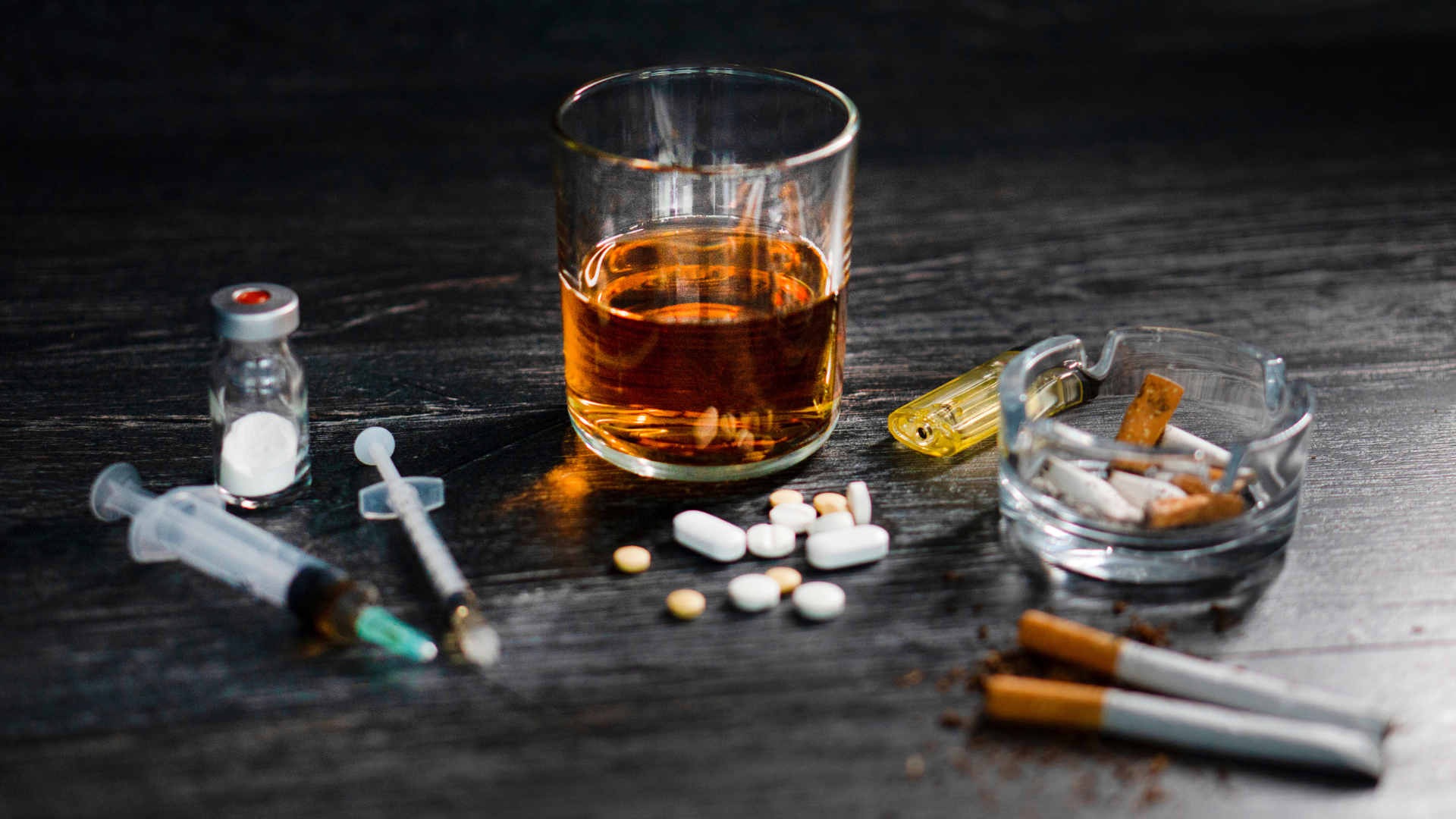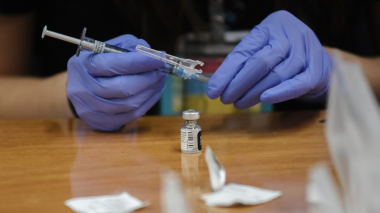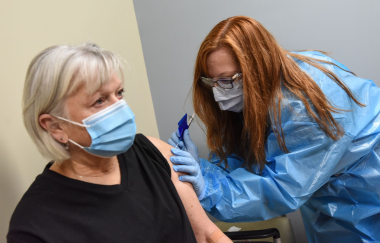Now that the COVID-19 vaccine rollout is well underway, more and more questions about the vaccine are coming up. To help answer some of your most frequently asked vaccine questions, we turn to Anupama Neelakanta, MD, an infectious disease specialist at Atrium Health.
1. What happens after you get the first COVID-19 vaccine dose? What about the second?
The first shot gets your immune system ready. It helps your body recognize the virus and fight it if you’re exposed. The second dose makes your immune system’s response stronger.
2. Why is it so important to get the second dose of the COVID-19 vaccine?
If you miss the second dose, you won’t build full protection against the virus. And what little protection you have from the first dose may not last long. The second dose strengthens your immune system’s ability to fight the virus long term.
3. Why is the COVID-19 vaccine split into 2 doses?
A lot of vaccines are similar to this. As a child, you probably got the DPT (diphtheria, tetanus, pertussis) vaccine, which requires 3 or 4 doses. This is because many vaccines need a booster dose to strengthen your immune system enough to achieve maximum and long-lasting protection.
Both the Moderna and the Pfizer-BioNTech vaccines were studied as a 2-dose series to achieve the maximum level of effectiveness (or vaccine efficacy), which is around 95%.
4. What are some common side effects of the COVID-19 vaccine? And why are the side effects often more noticeable after the second dose?
You may experience pain at the injection site (the most common side effect), muscle aches, tiredness, fever, headache or chills after the first or second dose. The side effects may be worse after the second dose for some, particularly if you’re younger and have a strong immune system. This is because your immune system produces a stronger response after the second dose, which is a sign that it’s building protection.
Most side effects should go away within 48 hours.
5. Why is getting COVID-19 riskier than dealing with the vaccine side effects?
We’ve seen a significant number of deaths and millions infected by COVID-19 across the world and in the United States. But there haven’t really been any deaths directly associated with the vaccine. There have been some deaths among nursing home residents who received the vaccine, which are being looked into. But the vaccine is not thought to be responsible.
With COVID-19, 85% of people who have the virus experience mild to moderate symptoms and for the most part get over it quickly. But 15% end up in the hospital needing care, and 5% are sick enough to need care in the intensive care unit (ICU), often require ventilators and ultimately could end up dying.
There are also some long-term side effects from COVID-19 that we still don’t fully understand, like shortness of breath, brain fog and scarring of the lung tissue. We’re only 1 year into this disease so we don’t yet know the outcomes of these long-term effects or whether they’re reversible.
For all these reasons, dealing with the vaccine side effects is much less risky than getting the virus itself.
6. Do you still have to follow COVID-safe practices after you get the vaccine?
You shouldn’t change any of your current habits after you get the vaccine.
We know the COVID-19 vaccine prevents symptomatic disease (when someone gets sick from the virus), but we don’t yet know if the vaccine prevents asymptomatic infection (when someone has and can spread the virus but doesn’t have symptoms). This means you could be an asymptomatic carrier of the virus after you’re vaccinated and spread it to others who aren’t vaccinated.
In my house, for example, I’ve been vaccinated because I’m a healthcare provider but my family has not yet been vaccinated. Since they don’t have the same level of protection that I do, I still wear a mask, socially distance and frequently wash my hands to make sure I don’t get and spread the virus to others around me.
7. Why should I even get the COVID-19 vaccine if I still have to wear a mask and social distance?
Because your chances of getting sick and possibly dying from COVID-19 are greatly reduced by getting vaccinated. You’re also helping us reach a level of herd immunity (when the virus no longer spreads easily from person to person) and protecting those who can’t get vaccinated (like children under 16) and those who aren’t vaccinated yet.
Don’t see your question answered? You can find more frequently asked questions about the COVID-19 vaccine at AtriumHealth.org/COVID19Vaccine
.jpg?mw=1024&rev=57855190b658458f901a11684aea4a75&hash=34B51713367AE942D754D6F0BC8A8885)


